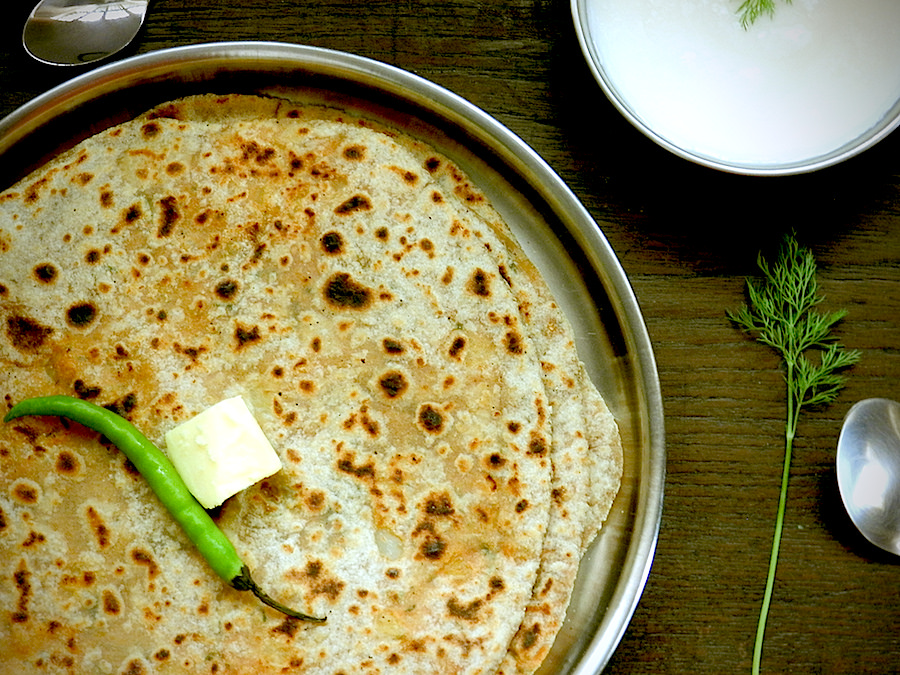An Italian proverb says “A good beginning makes a good ending”. We all know the importance of starting our day with a healthy breakfast, don’t we? Our dadis and nanis have always told us – “subah subah khali pet ghar se baahar nahi jaate”. And does science agree with it. Hell yes, it does.
Several good reasons why you should eat first thing when you get up-
– Breakfast kick-starts your metabolism, helping you burn more calories throughout the day and increases fat burning in the body.
– When we sleep, all our body processes slow down. When we wake up, our blood sugar is low, the same blood sugar that is needed to make our muscles and our brain work. Breakfast helps to replenish this blood sugar and boosts our energy levels.
In my practise, I meet so many people who are always so rushed, no time to eat breakfast. And what I typically see in these people is that once they get through their day, they get so hungry later on that they are snacking on high fat high sugar foods.

Not getting your fuel by eating first thing in the morning, will make you overeat later in the day.
So the first take away is that if you do want to get thinner, lose weight, take charge of your diabetes, thyroid, PCOD, cholesterol issues or anything else, you should make time to eat your breakfast.
And for those who just don’t feel hungry enough to eat, for them two things –
– make sure you eat your dinner every night 2-3 hours before hitting the bed. If you are eating your food and straight away lying down to sleep, not only does it lead to acidity when you wake up in the morning, you also not feel hungry enough for breakfast
– and second thing, make sure you get sound sleep through the night. With sleep deprivation, you wake up not having a desire to eat and not feeling hungry.
What is healthy breakfast?

A bowl of Oats or ready to eat cereals with a few decorative strawberries on top like they show in TV ads or a tall glass of orange juice like they show in Bollywood movies. Wife is worried about husband’s cholesterol. Husband’s only chance of fixing his health issues is through the wife switching from home-cooked, traditional breakfast meals, to oats and cereals. And then there are ads of children indulging in chocolate cereals that would make them taller, stronger and sharper. Like really?
Let’s dissect their claims one by one-
– First thing is about nutrition profile- . They say that these oats and cereals are rich in soluble fibre and by virtue of that, it will reduce your cholesterol and lead to weight loss. What we need to understand is that the grains, pulses and millets that go into making our traditional breakfast are also a rich source of soluble fibre and can also work to lower our body cholesterol.

– Second thing is about taste and satisfaction, I call it Vit J, where J is joy. Unlike the western ‘consumerist culture’ of sweet and cold cereal breakfasts, we have a tradition of garam nashta that gives us Santosh meaning makes us feel more satisfied. Once you have received your dose of Vit J, you will see that you don’t experience sugar cravings through the day. But if you are eating your breakfast that fails to give you this vitamin J, then you will surely see yourself reaching out for a piece of pastry or a doughnut later in the day.
We need to embrace the huge food diversity that our country represents and not mindlessly follow the global uniform eating pattern of cereal and milk. Diversity in food that you eat is also important for your health and well being because the diversity of good bacteria in your gut thrives on it.
Few things you need to ensure are-
– You eat only one breakfast item at a time.
– Eat it slow, chew your food well, and make sure you are not multi tasking while eating with your phone or morning newspaper.
When you do all of this, you will see that you are not overeating, and in few days time, you will see your acidity and bloating disappear, higher energy levels with a sense of feeling light and nice. And yes, weight loss too!
Confused by the misinformation about potential health problems with traditional Indian foods? Get in touch with award-winning Mumbai dietitian and nutritionist, Munmun Ganeriwal, a strong advocate of the holistic, wellness benefits of fresh, local, and traditional Indian foods



 Apart from the optimum fibre content, the coming together of grains and pulses that are rich in B vitamins, minerals, amino acids along with essential fats like
Apart from the optimum fibre content, the coming together of grains and pulses that are rich in B vitamins, minerals, amino acids along with essential fats like